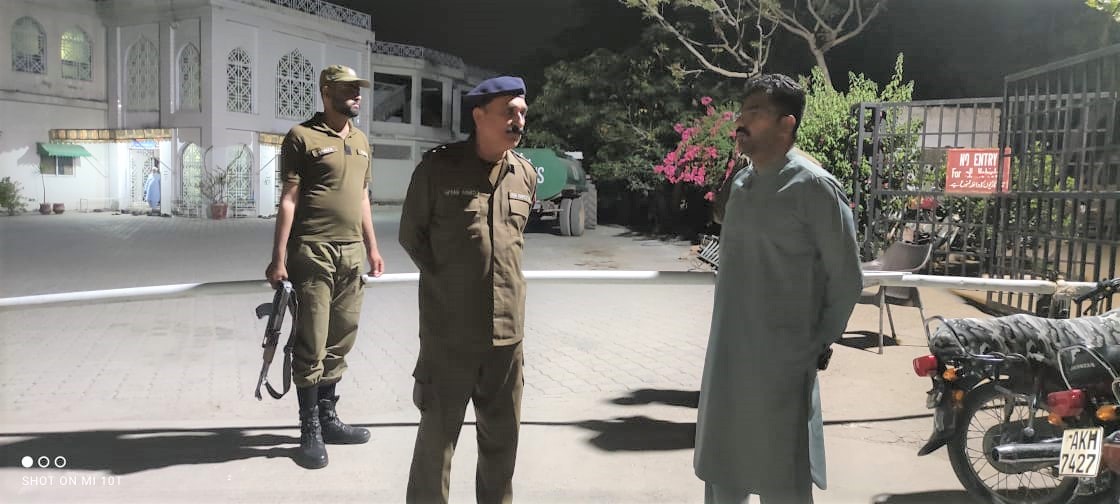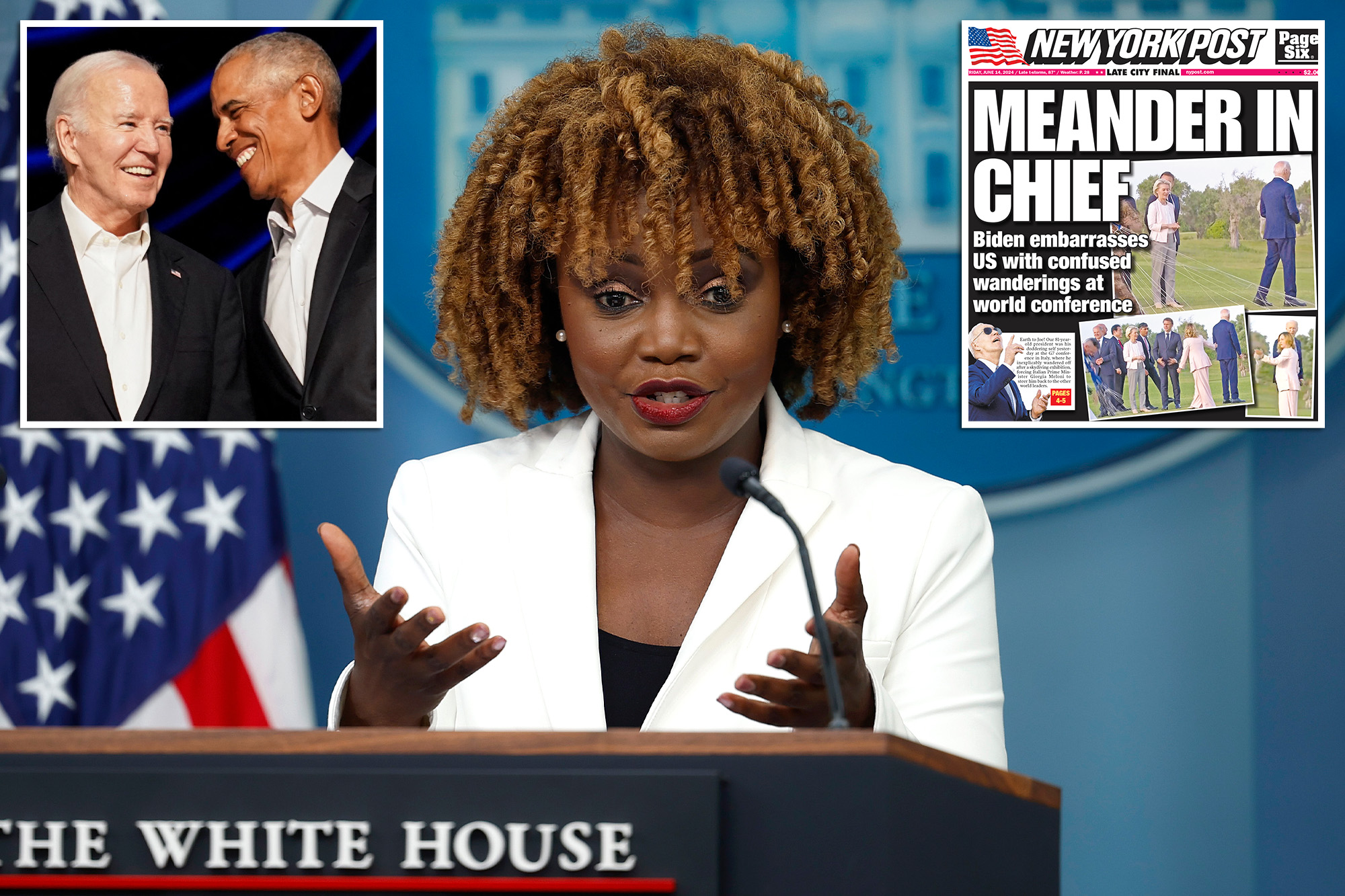Breaking Bread With Scholars: A Guide To Meaningful Academic Discussion

Table of Contents
Preparing for Meaningful Academic Discourse
Before engaging in any meaningful academic discussion, thorough preparation is key. This involves more than just attending the meeting; it requires proactive engagement with the material.
Understanding the Context
Pre-reading and background research are essential for informed participation. This preparation allows you to:
- Review key concepts: Familiarize yourself with the core ideas and theories relevant to the discussion topic.
- Identify potential areas of disagreement: Anticipate contrasting viewpoints and arguments to better prepare your responses.
- Anticipate counterarguments: Consider opposing perspectives to strengthen your own position and demonstrate critical thinking.
Effective academic preparation ensures you can engage meaningfully and contribute insightful observations to the discussion. This pre-reading stage is crucial for setting a strong foundation for meaningful academic discussion.
Formulating Your Contributions
Crafting thoughtful and well-supported arguments is vital for a productive exchange. Effective contributions involve:
- Constructing strong thesis statements: Clearly articulate your central argument or position.
- Using evidence effectively: Support your claims with credible sources and relevant examples.
- Citing sources appropriately: Maintain academic integrity by correctly attributing all information and ideas.
Strong argumentation, backed by solid evidence-based discussion, forms the backbone of meaningful academic discussion. Mastering academic writing and proper citation techniques are critical skills.
Active Listening and Note-Taking
Active listening isn't passive absorption; it's a dynamic process requiring conscious effort. Develop these skills to fully participate in meaningful academic discussion:
- Practice attentive listening: Focus on the speaker's message, avoiding distractions.
- Take concise notes: Record key points, arguments, and questions for later reflection.
- Identify key themes and arguments: Recognize recurring ideas and contrasting viewpoints within the discussion.
Active listening skills and effective note-taking strategies are fundamental to meaningful academic discussion and critical listening. Engaging actively ensures you fully grasp the nuances of the conversation.
Engaging in Respectful and Productive Dialogue
Meaningful academic discussion isn't about winning an argument; it's about collaborative learning and intellectual exchange. This requires respectful communication and a commitment to constructive dialogue.
Respectful Communication
Maintaining a respectful tone is paramount, even when disagreements arise. Remember to:
- Use polite language: Frame your points respectfully, even when challenging others' ideas.
- Avoid personal attacks: Focus on the ideas, not the individuals presenting them.
- Listen to opposing viewpoints with an open mind: Consider different perspectives and seek to understand their rationale.
Respectful communication and academic civility are cornerstones of productive dialogue. Constructive criticism is key, delivered with care.
Constructive Criticism and Feedback
Offering and receiving constructive criticism is essential for growth. This involves:
- Focusing on ideas, not personalities: Separate the message from the messenger.
- Offering specific suggestions: Provide concrete examples and actionable feedback.
- Providing rationale for feedback: Explain your reasoning and support your critiques.
Effective feedback and constructive criticism processes enrich academic collaboration and promote peer learning. Think of peer review as a collaborative effort towards improving academic work.
Handling Disagreements
Disagreements are inevitable, but they can be navigated productively. Strategies include:
- Acknowledging different perspectives: Recognize and respect the validity of differing viewpoints.
- Finding common ground: Identify areas of agreement to build a foundation for further discussion.
- Focusing on shared goals: Remember the overarching aim of the discussion—collaborative learning and intellectual advancement.
Productive conflict resolution and navigating academic debate enhance the overall quality of meaningful academic discussion. Remember that productive conflict can lead to deeper understanding.
Analyzing and Synthesizing Information from Academic Discussions
After a meaningful academic discussion, reflecting on the exchange is crucial for maximizing its value.
Identifying Key Themes and Arguments
Analyze the discussion to extract its essence:
- Summarize main points: Identify the core themes and arguments presented.
- Identify areas of consensus and disagreement: Note where participants agreed or disagreed.
- Reflect on the discussion: Consider the overall impact and your own learning.
Synthesis and analysis of the conversation are vital steps in integrating the insights gained. This step allows for critical reflection on the conversation and its contributions.
Integrating Discussion Insights into Your Work
Incorporate learnings from the discussion to enhance your academic work:
- Refine your arguments: Adjust your thinking based on new perspectives.
- Incorporate new perspectives: Integrate insights from the discussion to enrich your own understanding.
- Acknowledge different viewpoints: Give credit to alternative ideas and perspectives in your writing.
Integrating insights directly enhances your research and academic writing. It allows for strong argument development and signifies intellectual growth.
Mastering the Art of Meaningful Academic Discussion
Engaging in meaningful academic discussion requires preparation, respect, and critical reflection. By mastering the strategies outlined—thorough preparation, respectful communication, active listening, and thoughtful analysis—you can unlock the immense benefits of collaborative learning. Start fostering more meaningful academic discussions today by actively listening, respectfully engaging with different perspectives, and critically analyzing the information exchanged. Embrace the power of collaborative learning to enhance your understanding and contribute to a richer academic experience.

Featured Posts
-
 Pnjab 8 Ays Pyz Awr 21 Dy Ays Pyz Ke Tqrr W Tbadle Ka Nwtyfkyshn Jary
May 08, 2025
Pnjab 8 Ays Pyz Awr 21 Dy Ays Pyz Ke Tqrr W Tbadle Ka Nwtyfkyshn Jary
May 08, 2025 -
 Watch Inter Vs Barcelona Live Uefa Champions League Football
May 08, 2025
Watch Inter Vs Barcelona Live Uefa Champions League Football
May 08, 2025 -
 Is Trumps Anxiety Over Chinas Greenland Influence Valid
May 08, 2025
Is Trumps Anxiety Over Chinas Greenland Influence Valid
May 08, 2025 -
 Shifting Trade Winds Canadas Approach Wins Favor In Washington
May 08, 2025
Shifting Trade Winds Canadas Approach Wins Favor In Washington
May 08, 2025 -
 Xrp Etf Risks The Impact Of High Supply And Limited Institutional Adoption
May 08, 2025
Xrp Etf Risks The Impact Of High Supply And Limited Institutional Adoption
May 08, 2025
Latest Posts
-
 Andor Season 1 Where To Watch All Episodes Online
May 08, 2025
Andor Season 1 Where To Watch All Episodes Online
May 08, 2025 -
 Watch Andor Season 1 On Hulu And You Tube A Guide
May 08, 2025
Watch Andor Season 1 On Hulu And You Tube A Guide
May 08, 2025 -
 Princess Leias Return 3 Reasons To Expect A Cameo In The Upcoming Star Wars Show
May 08, 2025
Princess Leias Return 3 Reasons To Expect A Cameo In The Upcoming Star Wars Show
May 08, 2025 -
 Andor Season One Stream Episodes Now On Hulu And You Tube
May 08, 2025
Andor Season One Stream Episodes Now On Hulu And You Tube
May 08, 2025 -
 3 Reasons A Princess Leia Cameo In The New Star Wars Show Is Likely
May 08, 2025
3 Reasons A Princess Leia Cameo In The New Star Wars Show Is Likely
May 08, 2025
